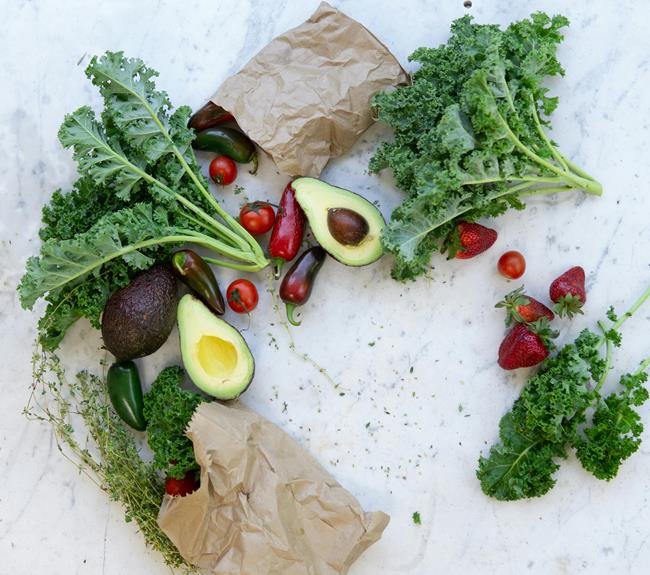
You might be wondering if a vegetarian keto diet is feasible. Well, the concept of combining a vegetarian lifestyle with the principles of a ketogenic diet might seem challenging at first glance. However, with the right knowledge and approach, navigating this dietary path can lead you to a realm of health benefits and culinary creativity. So, how exactly can you make this seemingly contrasting diet work harmoniously to achieve your wellness goals? Let's explore the possibilities together.
Benefits of Vegetarian Keto Diet
Embracing a vegetarian keto diet can offer a myriad of health benefits while aligning with your dietary preferences. By focusing on plant-based foods and healthy fats, you can potentially improve your weight management, boost your energy levels, and enhance your overall well-being. One of the key advantages of this diet is its ability to promote weight loss by inducing a state of ketosis, where your body burns fat for fuel instead of carbohydrates. This can lead to more sustainable weight loss compared to traditional low-fat diets.
Moreover, the vegetarian keto diet may help regulate blood sugar levels and improve insulin sensitivity, making it a potential choice for individuals with type 2 diabetes or those looking to manage their blood sugar levels. By reducing the intake of refined carbohydrates and sugars, you can stabilize your energy levels throughout the day and reduce cravings for unhealthy snacks. Additionally, this diet can support heart health by lowering cholesterol levels and reducing the risk of cardiovascular diseases.
Essential Nutrients for Vegetarian Ketosis
To effectively maintain a vegetarian keto diet, ensuring the intake of essential nutrients is vital for supporting ketosis and overall health. As a vegetarian on a keto diet, it's crucial to focus on obtaining key nutrients like protein, healthy fats, vitamins, and minerals from plant-based sources.
Protein is essential for muscle maintenance and overall body function. Sources such as tofu, tempeh, seitan, and legumes can help meet your protein needs while staying within your carb limits. Healthy fats, such as avocados, nuts, seeds, and olive oil, are vital for energy and maintaining ketosis.
Additionally, incorporating leafy greens, cruciferous vegetables, and berries can provide essential vitamins and minerals, including vitamin C, potassium, and magnesium. These nutrients play a crucial role in supporting your immune system, electrolyte balance, and overall well-being on a vegetarian keto diet.
Common Challenges and Solutions
Facing common challenges on a vegetarian keto diet can be addressed through practical solutions that enhance your experience and success in maintaining ketosis. One challenge you might encounter is the limited variety of food options, making it easy to fall into a routine and potentially miss out on essential nutrients.
To combat this, experiment with different low-carb vegetables, plant-based proteins, and healthy fats to create diverse and exciting meals. Another common issue is the temptation of high-carb vegetarian foods that can throw you out of ketosis.
To overcome this, keep keto-friendly snacks on hand like nuts, seeds, or avocado to satisfy cravings without compromising your diet. Additionally, some vegetarians struggle with meeting their protein needs without consuming too many carbs.
Including protein sources such as tofu, tempeh, and eggs can help you reach your protein goals while staying within your carb limits. By being mindful of these challenges and implementing these solutions, you can navigate the vegetarian keto diet successfully.
Sample Vegetarian Keto Meal Plan
Navigating a vegetarian keto diet successfully requires careful planning and thoughtful consideration of your meals, including a well-structured sample meal plan.
A typical day on a vegetarian keto diet might start with a breakfast of scrambled tofu with spinach and avocado.
For lunch, you could enjoy a salad with mixed greens, nuts, seeds, and a generous serving of olive oil.
As a snack, a small portion of full-fat Greek yogurt with a sprinkle of chia seeds can keep you satisfied.
Dinner could consist of zucchini noodles topped with a creamy alfredo sauce made from coconut milk and nutritional yeast.
Remember to drink plenty of water throughout the day and consider incorporating herbal teas or black coffee for variety.
This sample meal plan provides a balance of protein, healthy fats, and low-carb vegetables, essential for a successful vegetarian keto diet. Experiment with different recipes and ingredients to keep your meals exciting and satisfying.




